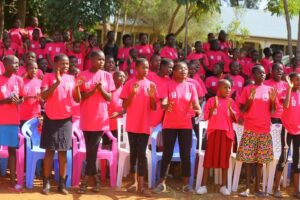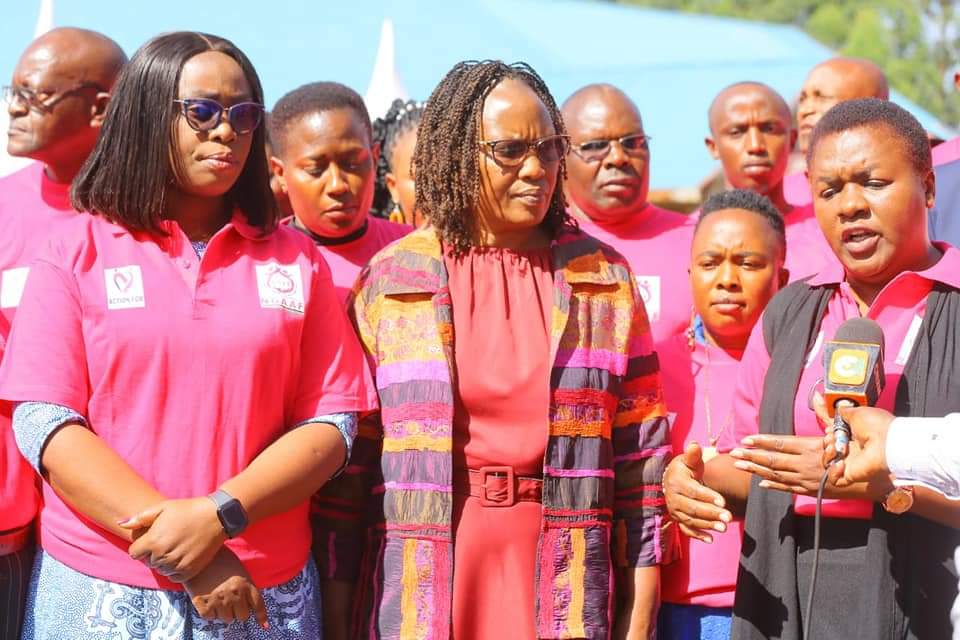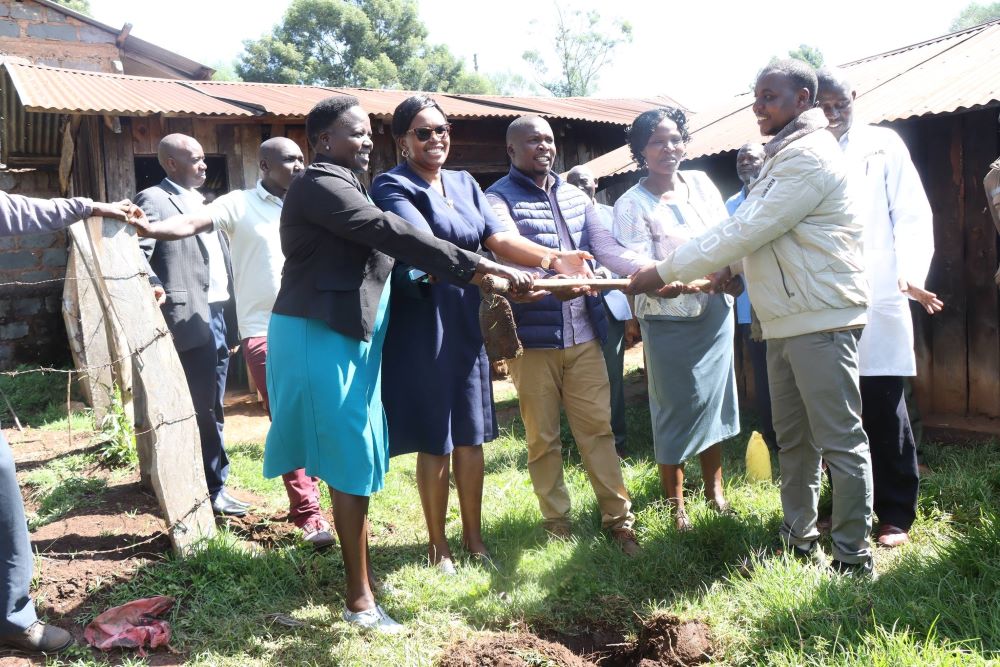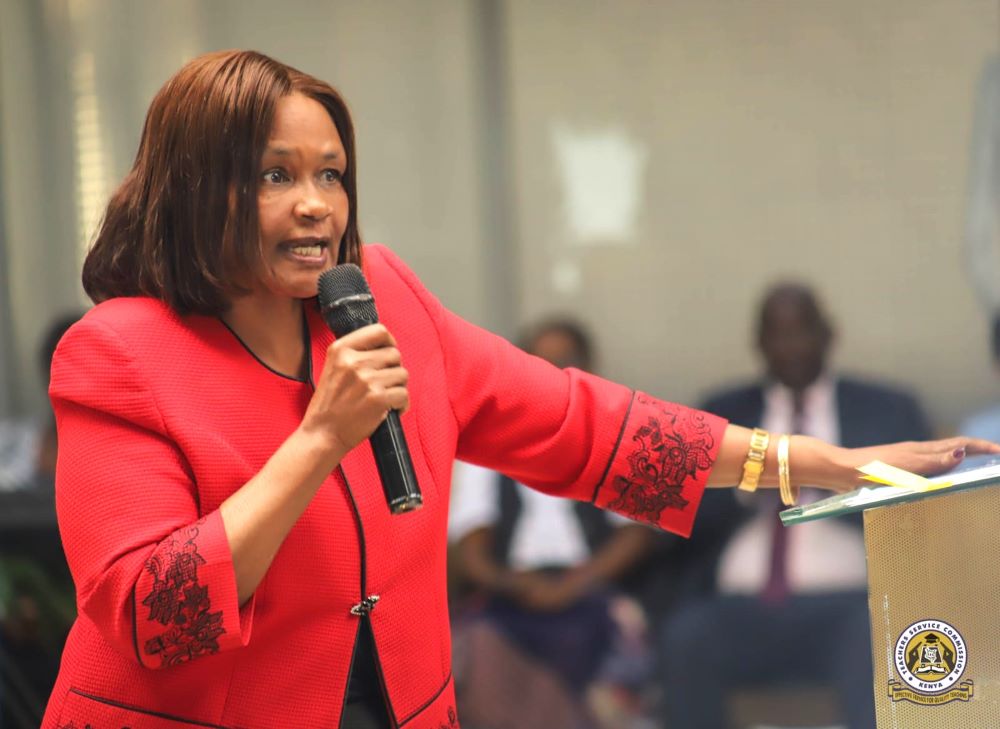The Gusii community has begun adopting Alternative Rite of Passage (ARP) as opposite to the female genital mutilation (FGM).
At the launch of an anti-FGM campaign held at Nduru Girls in South Mugirango, Kisii Member of Parliament Dorice Donya explained that this new rite serves as a transition into womanhood without circumcision, as per cultural norms.
Donya mentioned that the ARP will take place twice a year in August and December, coinciding with the “cutting season” when schools are closed and FGM often occurs.
“We do not want to subject our young girls on traditional harmful practices, we must fight for their rights,” she said.
During the training sessions, girls will learn about the harmful effects of FGM, teenage pregnancy, and gender-based violence.
The focus will encompass understanding what FGM is, its dangers, reasons to avoid it, and discussions about education, child rights, sexual abuse, substance abuse, self-esteem, health, culture, and traditions.
Reformed traditional cutters, health practitioners, psychiatrists, and mentors are participating to educate girls about the side effects of FGM.

Donya emphasized the need to end this practice and prevent girls from experiencing harmful violence.
“I beg all members of the public to come on board so that we can fight this menace,” she said.
Nyamira nominated Senator Renee Mayaka and Director of Gender Recovery Center Alberto Mwaura also praised Donya’s initiative and called for collective efforts against FGM.
Mwaura highlighted that FGM is one of the triple threats faced by the country, alongside gender-based violence and HIV/AIDS.
Mayaka expressed concern over the involvement of certain medical personnel in performing FGM secretly and under the guise of safety in hospitals.
“We must stand firm and never allow our parents and girls to be brainwashed by this practice,” she said.
They urged the public to report such cases to relevant authorities.
Esnahs Nyaramba, Chair of Young Democrats and founder of Onsembe Civil Society Organization, emphasized grassroots efforts to sensitize the community about the issue.
However, the medicalization of FGM remains a challenge.
Nyaramba urged public support in achieving zero FGM cases in the region and encouraged men to speak out against harmful social norms both online and offline.
Wycliffe Nyachae Ombui, a Board member of the Minto Foundation, stressed the importance of empowering girls and putting an end to the practice.
Ombui pledged collaboration with the county to eliminate the menace faced by teenagers, ultimately promoting their success and women’s empowerment.
According to the Kenya Demographics Health Survey, FGM prevalence among women aged 15-49 has decreased from 21% to 15% nationally, although regional variations among different ethnic groups persist.
By Elizabeth Angira
Get more stories from our website: Education News
To write to us or offer feedback, you can reach us through: editor@educationnews.co.ke
You can also follow our social media pages on Twitter: Education News KE and Facebook: Education News Newspaper For timely updates.






